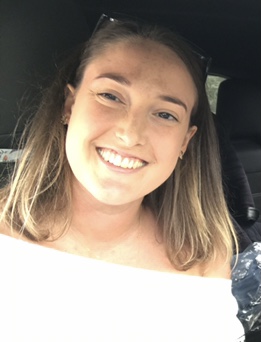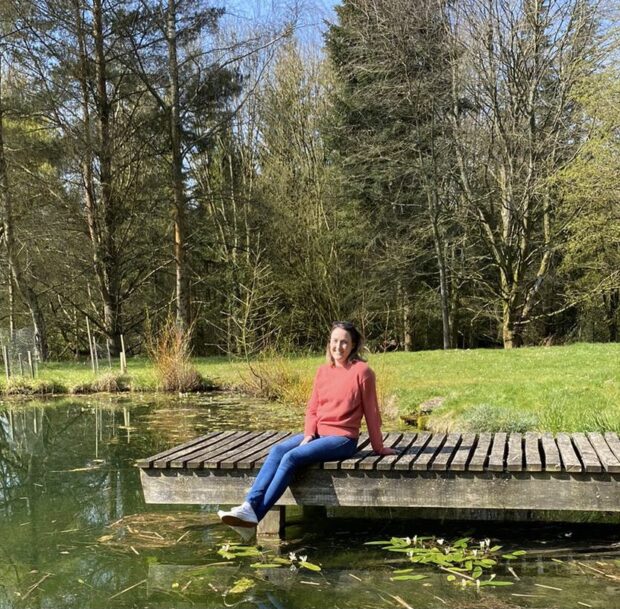
My method of dealing with having chronic health issues has been to remain silent. I’ve been ill since I was 17 – and the diagnoses for diseases and conditions keep coming. At times, I have tried to pretend, laugh, use them to my advantage, and make light of them. None of these attempts worked as a sustainable coping mechanism.
I feel that I’ve come to know more about how to help myself more than many consultants! Most of the time, I know what to do and the choice is whether to do it or not, which is a more difficult decision than you might think.
No day passes when illness doesn’t affect my life or allow a moment to disengage. I’ve found that the physical is manageable – I just have to get on with it and face the rocky road.
Is silence really golden?
 Most difficult of all, to me, is talking. Saying words out loud makes them real. It’s absurd, but I find it indescribably difficult to say: “I have Lupus. I have arthritis. I have myositis.” I can write these words down, I can hear others say them, but 13 years on I still shudder to say them aloud.
Most difficult of all, to me, is talking. Saying words out loud makes them real. It’s absurd, but I find it indescribably difficult to say: “I have Lupus. I have arthritis. I have myositis.” I can write these words down, I can hear others say them, but 13 years on I still shudder to say them aloud.
Over the years, I’ve learnt ways to avoid speaking. Until recently, sarcasm and dark humour were really my sole method of communication. Entirely a defence, I don’t think any of it is funny at all.
Writing things down has been useful to help process my thoughts and emotions, so has walking on my own. Reading similar stories from others published on websites like Arthur’s Place was the closest I came to sharing my own experiences with anyone else. Yet, all of these coping methods have allowed me to continue in silence and hide from saying the words out loud, simply as they are.
Ironically, forcing myself to do this is what seems to help the most.
A mismatch of communication
What I want to do is tell people how sad I am. I don’t want them to actually do anything – I just want to say the words without embarrassing people, or triggering them into action of how to fix it or suggest silver linings. I want company to share my thoughts, nothing more. As it happens, this is something else that’s much more difficult than it sounds.
I have the privilege of being surrounded by a mass of people that are unconditionally there for me. I see the irony when I complain about how lonely and isolated I am. Perhaps if I spoke to the people around me, I wouldn’t feel this way and they wouldn’t feel so redundant? Rather than blaming myself for not forming the words, or blaming my loved ones for getting it wrong, I’ve realised we are all missing a crucial ingredient – learning how to listen.
Perhaps this mismatch of communication comes down to control. Lupus completely disempowers me because it stops me from doing the things I want to do. I don’t want to lose even more control when I communicate to the people around me. People that love you desperately want to help.
Creating a new pattern
 I’ve noticed a similar pattern occurring over the years when I’ve been ill. It goes like this: I feel unwell. I tell someone close to me that I feel unwell. They are worried about me so they suggest I stay in, cancel plans, encourage me to rest. I feel as if choices are taken away from me because they are trying to help. I stubbornly go my own way and end up feeling more unwell than I did to begin with.
I’ve noticed a similar pattern occurring over the years when I’ve been ill. It goes like this: I feel unwell. I tell someone close to me that I feel unwell. They are worried about me so they suggest I stay in, cancel plans, encourage me to rest. I feel as if choices are taken away from me because they are trying to help. I stubbornly go my own way and end up feeling more unwell than I did to begin with.
So, for fear of this pattern constantly repeating, I don’t tell anyone in the first place. This means I conceal the truth, I hide, I forgo the opportunity to say how I feel out loud. But feelings have to be said out loud or they fester and build.
I’m still trying to create a new pattern. Perhaps what I want is: I feel unwell. I tell someone close to me that I feel unwell. They listen and sympathize with me, saying something like: “I’m sorry you don’t feel well. It sounds really tough. Can you tell me a bit more?”
This pattern needs to be taught. You need to empower people to realise that listening is enough. Which it is.
Listening is the most powerful tool
I founded the Wren Project in 2019, which teaches volunteers how to support people newly diagnosed with autoimmune diseases by actively listening to them. All we teach is to listen to what people are trying to say.
Simple though it sounds, I’ve come to realise that listening is the most powerful tool in making people feel heard. And when you begin to feel heard, you might start to speak.
